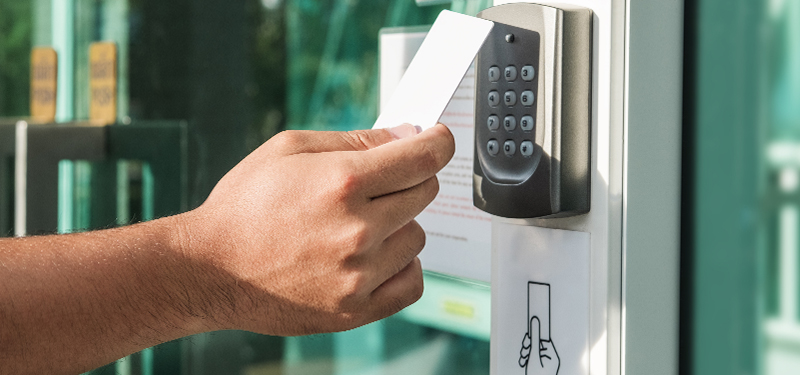At some point every condominium transitions from developer to unit owner control. Unlike some states, Massachusetts does not regulate the precise timing of the transition. Instead, the Declaration of Trust generally provides for a triggering event, such as the sale of all the units by the declarant, to set in motion the transition from developer to unit owner control.
If your association or newly elected board has questions about the transition process, you should consider consulting with an experienced condominium lawyer who can offer valuable advice and guidance on the subject.
It is prudent at the time of turnover to carefully review the financial, legal and physical status of the condominium. Proper planning, and guidance from professionals, will lead to a smooth transition. This article offers 4 steps for an association to achieve a smooth transition to unit owner control.
1. Create a Transition Team
When the “triggering event” for turnover is approaching, a committee of unit owners should be created to liaise with the developer. The committee may be comprised of unit owners who anticipate transitioning into trustee positions or unit owners appointed by the developer. The property manager should also sit on the committee and will serve an important role during the transition process.
2. Engage a Property Manager
If a property manager is not already engaged, the transition team should agree on and retain a certified community manager. The property manager will be an invaluable asset to the transition team and newly elected trustees and will assist with communicating with the developer and effectuating the critical aspects of the transition.
3. Engage Professionals
• Attorney: an experienced condominium lawyer can guide the newly elected trustees through the myriad of tasks and due diligence that should be completed during the transition process including documents to review and obtain, other professional services to seek out and professionals to retain, and to answer any legal questions that may arise. An attorney can also review the governing documents of the condominium and provide an understanding of the organizational structure, and decision-making process of the association.
• Accountant: an independent account should be retained to perform a certified audit of the prior operations of the association to satisfy the unit owners that financial management and allocations by the developer and the developer-controlled board have been fair, reasonable and accurate. Likewise, budgets for previous years and the current fiscal year should be examined to verify appropriate allocations and identify opportunities for cost savings and improved service.
• Engineer: a professional licensed engineer should be retained to analyze and inspect the common elements of the condominium and to identify any apparent construction defects or hidden defects.
4. Audit Contracts and Other Documents
During the development of the condominium and the pendency of the developer-controlled board, the developer will undoubtedly have executed contracts and other agreements on behalf of the association. These may include contracts with third-party providers of supplies and services to the condominium which should be reviewed to determine whether they are optimal for the condominium or should be rebid.
The transition team and/or newly elected trustees should also obtain maintenance logs, complaint logs and letters and work order logs maintained for the property and undertake a thorough review of the records to obtain an understanding of any issues and how any such problems have been addressed. Any prior engineering reports, including commissioning reports (such as air balance reports) and engineering reports investigating any problems or recommending repairs should also be obtained, together with as-built plans and specifications for the building.
In addition, all bank accounts of the condominium should be identified, signatures transferred, and funds of the condominium, particularly the reserve funds, accounted for. The transition team and/or newly elected trustees should also obtain and review any insurance policies held by the association.
The steps outlined above provide a basic roadmap for an association to achieve a smooth transition from developer to unit owner control. If your association or newly elected board has questions about the transition process, you should consider consulting with an experienced condominium lawyer who can offer valuable advice and guidance on the subject.


